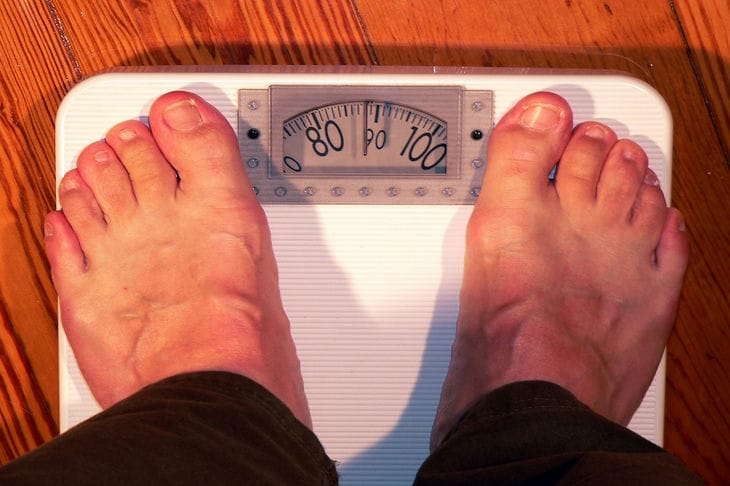When stepping on the scale to determine their weight, most people don't even think about the nuances that can play a role. Therefore, it is worth figuring out how to weigh yourself correctly.
What type of scale to use
The first step to proper weighing is choosing the right scale. There are several types of scales.
- Mechanical scales: easy to use, do not require batteries, but may be less accurate.
- Electronic scales: more accurate and convenient, often have additional features such as measuring body mass index (BMI).
- Smart scale: Syncs with smartphone apps to provide detailed data on weight, BMI and body composition.
When choosing scales, you should always pay attention to their accuracy. For example, there are scales for which the normal error is 1%. Is there any point in using them?

Where to install
To get accurate results, it is important to place the scale on a flat, hard surface. Uneven floors can distort the readings, making them inaccurate.
When is the best time to weigh yourself?
The best time to weigh yourself is in the morning, right after waking up and going to the toilet, but before breakfast. At this time, the body is in the most stable state, without the influence of food and liquid, which allows you to get the most accurate data.
How often to weigh yourself
To track changes in weight, it is important to weigh yourself at the same time every day. The following factors can affect your weight:
- food consumption;
- physical activity;
- hydration level and others.
Of course, if you are rational, you can weigh yourself 2-3 times a week, this will be enough to monitor your weight.
What clothes to wear when weighing yourself
For accurate measurements, it is recommended to weigh yourself in light clothing or naked. Heavy clothing and shoes can add a few extra grams or even kilograms to your weight.
Correct posture
It is important to stand on the scale evenly, distributing your body weight evenly on both feet. You should also not bend over or move, as this may affect the accuracy of the measurements.
When taking measurements, you can’t get hung up on a specific weight.
Weight can naturally fluctuate due to various factors such as water intake, stress levels, and hormonal changes. It is important to look at the overall trend rather than the day-to-day changes.
Earlier we talked about the mistakes that prevent you from losing weight.
